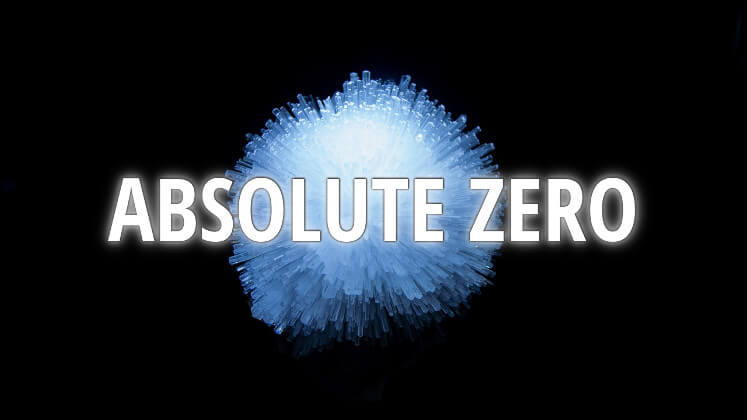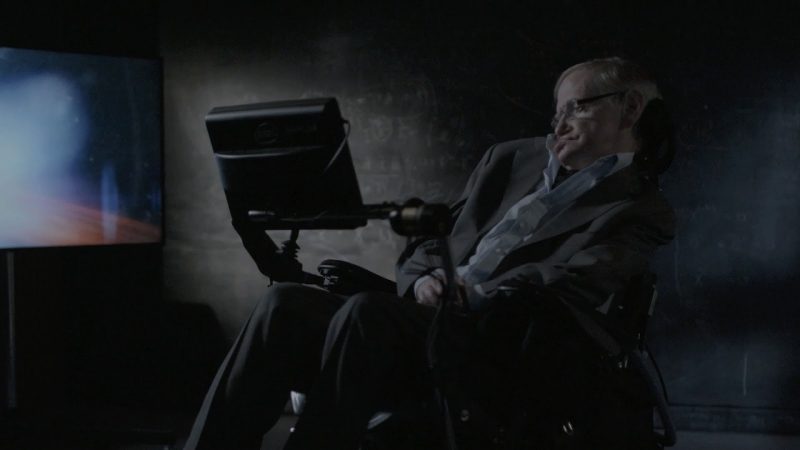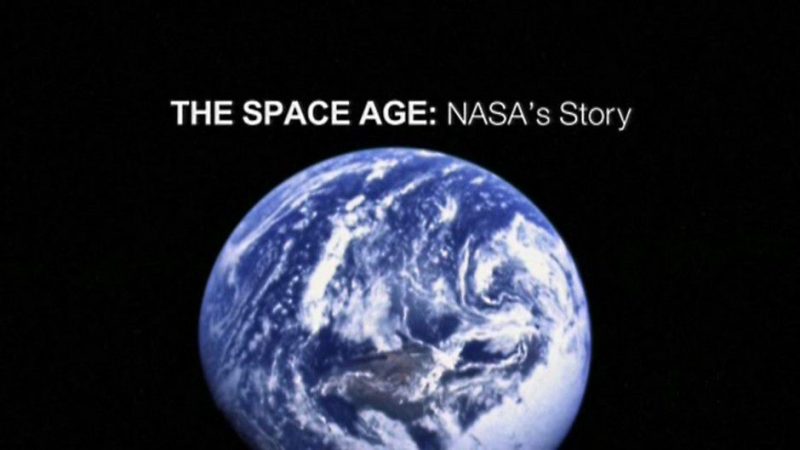Absolute Zero episode 2 – The Race for Absolute Zero: Documentary charting rival attempts to reach absolute zero, the ultimate limit of cold, by scientists in London and Leiden. A second race unfolded 100 years later, towards the end of the 20th century, as scientists attempted to produce a Bose Einstein Condensate, a new state of matter predicted by Einstein.
With the winner of each scientific race going on to win the Nobel Prize for their work, ultra-cold research has proved to be one of the most competitive fields of modern science.
Absolute Zero episode 2 – The Race for Absolute Zero
Absolute zero is the lowest limit of the thermodynamic temperature scale, a state at which the enthalpy and entropy of a cooled ideal gas reach their minimum value, taken as zero kelvins. The fundamental particles of nature have minimum vibrational motion, retaining only quantum mechanical, zero-point energy-induced particle motion. The theoretical temperature is determined by extrapolating the ideal gas law; by international agreement, absolute zero is taken as −273.15° on the Celsius scale (International System of Units), which equals −459.67° on the Fahrenheit scale (United States customary units or Imperial units). The corresponding Kelvin and Rankine temperature scales set their zero points at absolute zero by definition.
It is commonly thought of as the lowest temperature possible, but it is not the lowest enthalpy state possible, because all real substances begin to depart from the ideal gas when cooled as they approach the change of state to liquid, and then to solid; and the sum of the enthalpy of vaporization (gas to liquid) and enthalpy of fusion (liquid to solid) exceeds the ideal gas’s change in enthalpy to absolute zero. In the quantum-mechanical description, matter (solid) at absolute zero is in its ground state, the point of lowest internal energy.
The laws of thermodynamics indicate that absolute zero cannot be reached using only thermodynamic means, because the temperature of the substance being cooled approaches the temperature of the cooling agent asymptotically, and a system at absolute zero still possesses quantum mechanical zero-point energy, the energy of its ground state at absolute zero. The kinetic energy of the ground state cannot be removed.
Scientists and technologists routinely achieve temperatures close to absolute zero, where matter exhibits quantum effects such as Bose–Einstein condensate, superconductivity and superfluidity.




